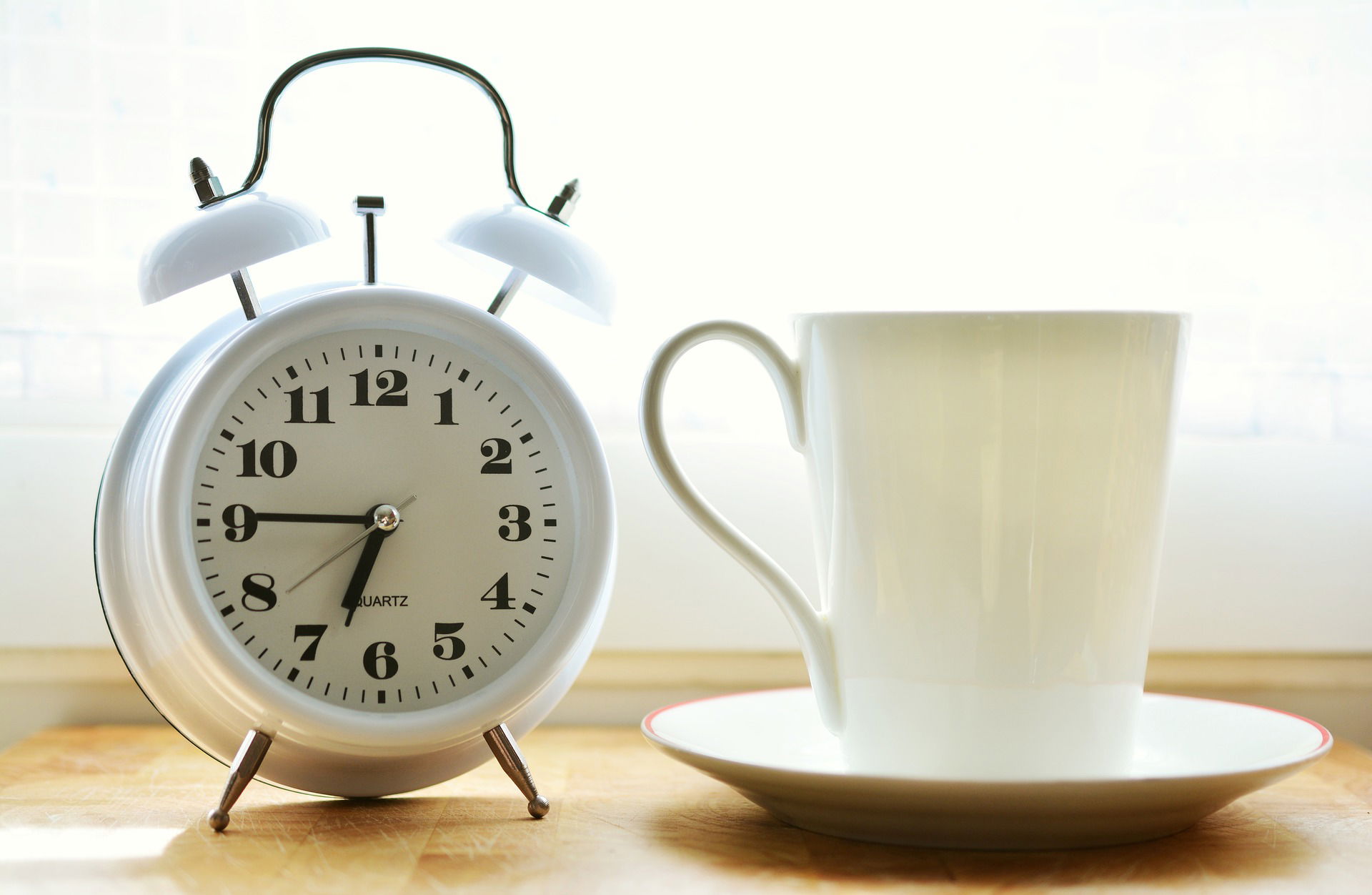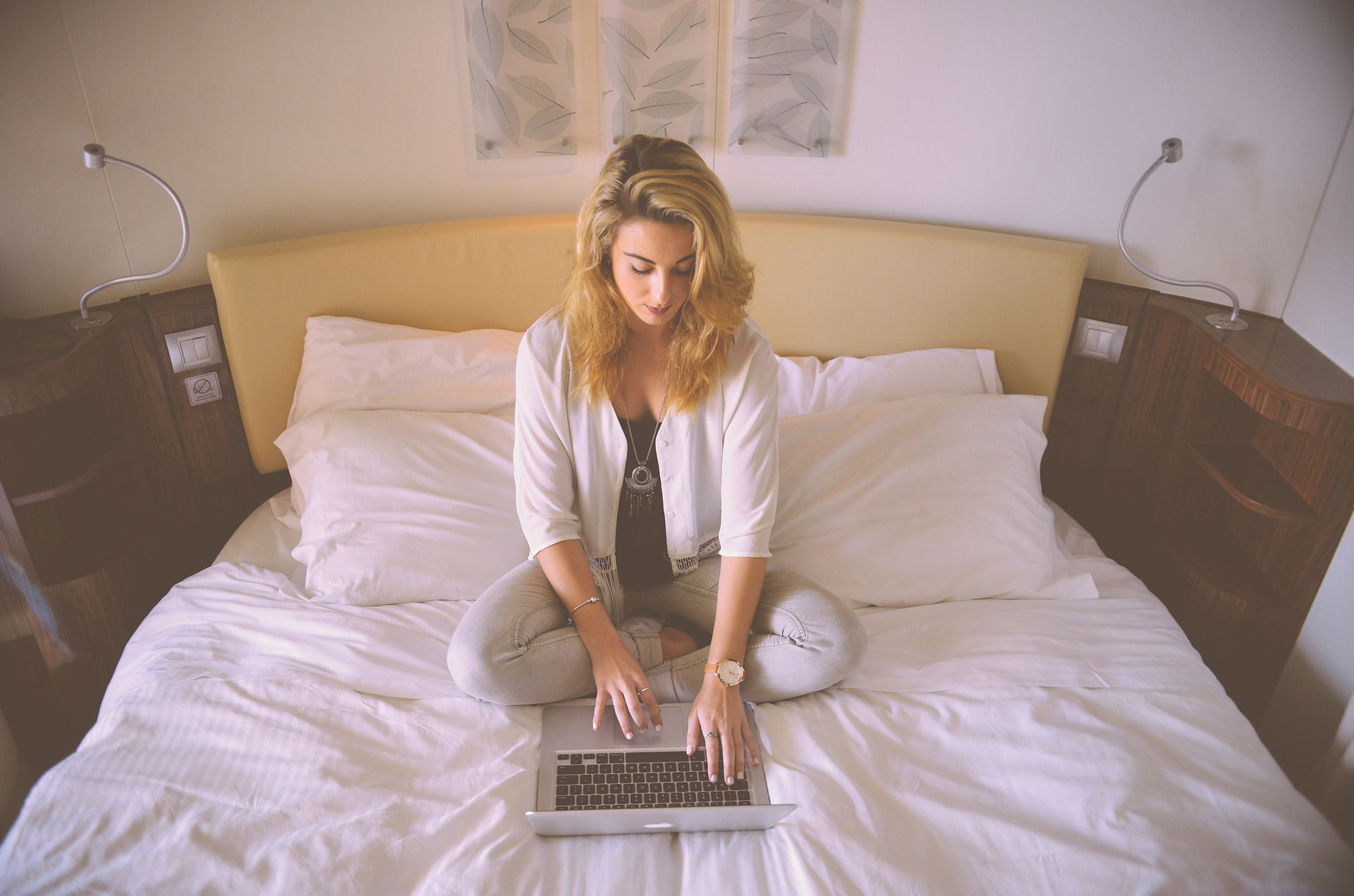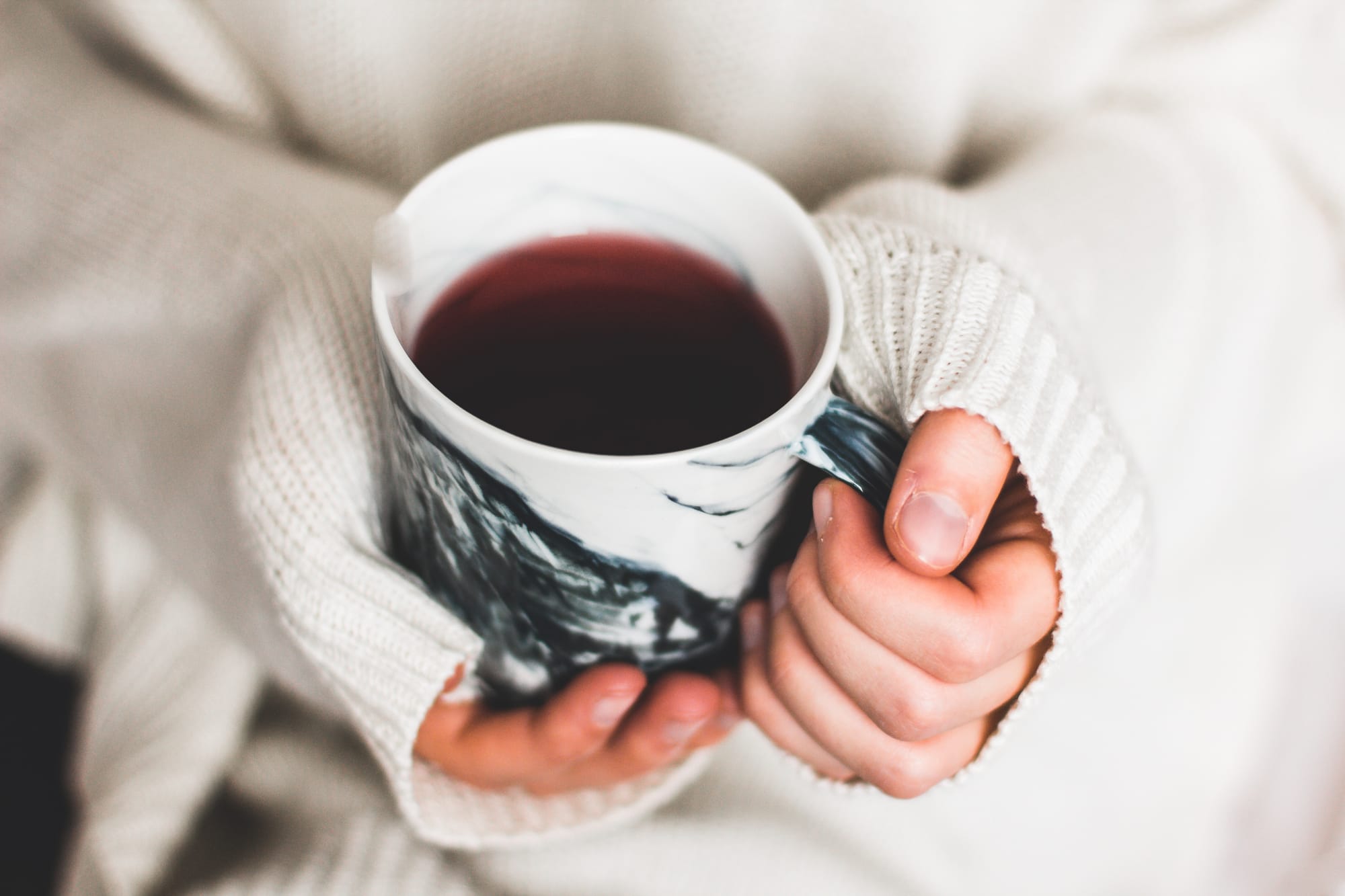7 Tips for a Better Nights Sleep
Now, more than ever, it's getting harder to have a good nights sleep. Four out of five people say that they wake up feeling exhausted. But why?
The stresses in our daily lives tend to follow us to our bed and that makes it near impossible for us to have a restful sleep. Whether the problem is falling asleep or staying asleep, try these 7 tips and see if they help!
1. Consistency
Going to sleep and waking up at the same time every day is imperative to a healthy sleep cycle. This doesn't necessarily mean you have to fall asleep at the exact same time (as this will be hard initially). As long as you get ready for bed at the same time and hop into bed, with the goal of going straight to sleep, you are on the right track!
2. Stretching
Now this doesn't necessarily have to be hard poses and lots of work. Just allow yourself some time to stretch and relax for about 5-10 minutes before hopping into bed!
3. No phones or TV at least 30 minutes before bed
We all have the habit of checking through our phone in bed before we go to sleep but we don't realise the impact it's having on our sleep. The blue light from our phones, TV's and computers actually suppresses our melatonin production (melatonin is what regulates our sleep cycle).
Now, we can turn our phones onto the 'night setting' to reduce the blue light impact; this is definitely better than nothing. However, if we really want to improve our sleep, it is ideal to just avoid phones/TV's all together at least 30 minutes before sleep. This will give our mind an opportunity to start winding down ready for rest.

4. Magnesium
Magnesium is low in our soil here in Australia so, if you are still struggling to sleep, it may be a magnesium deficiency! Magnesium is important for our nervous system and plays a vital role in relieving stress and muscle tension. Try taking a magnesium powder 30 minutes before sleep. If you suffer from tension in specific muscles it may also be a good idea to try massaging a magnesium cream into those areas before sleep.
5. Tea
Chamomile, Passionflower, Lemon Balm and Lavender are brilliant teas for sleep. If you suffer from stress, Passionflower and Lavender are particularly good for relieving an anxious mind. Try drinking a tea with any of those 4 herbs 30 - 60 minutes before it's time to sleep. 
6. Avoid eating too late
Try and eat your dinner at least 2 - 3 hours before your bedtime. Any bloating or indigestion can make it difficult to sleep. If you are still hungry, try to have a light snack at least 45 minutes before bed. Or try having one of the teas from Tip 5 and see if that fills you up!
7. Aromatherapy
Diffusing a relaxing oil, such as lavender or chamomile, throughout the night may help you maintain a deep sleep for most of the night. Dilute it in a water solution, if you do not have a diffuser, and spray it directly on your pillow!
Happy sleeping and let me know how you go!